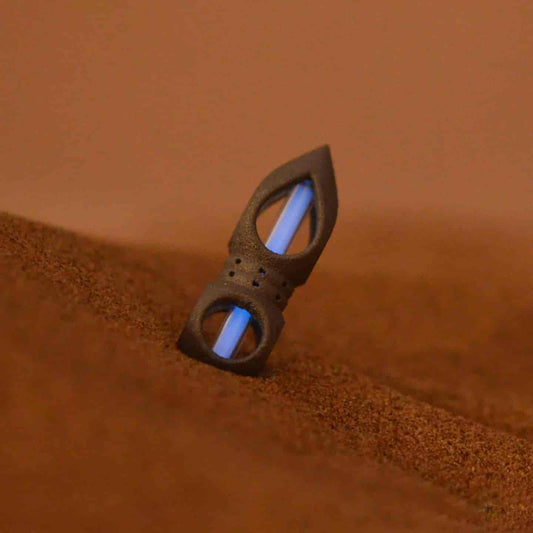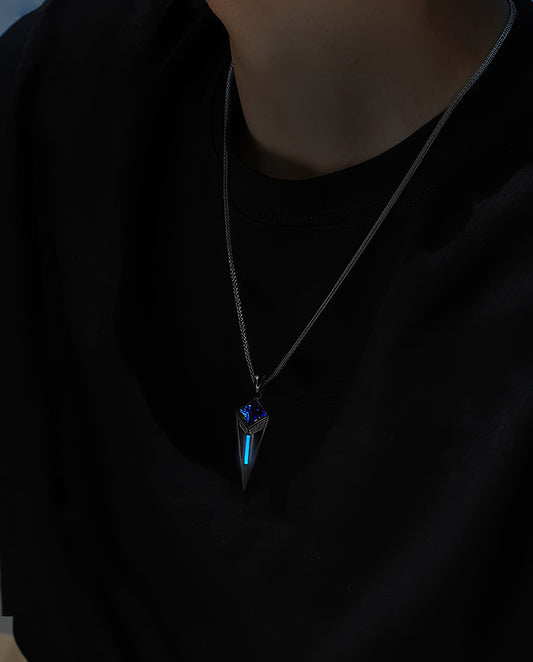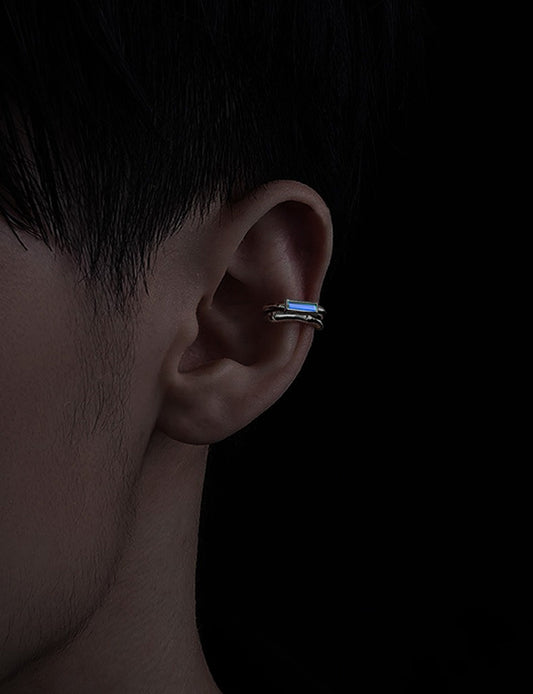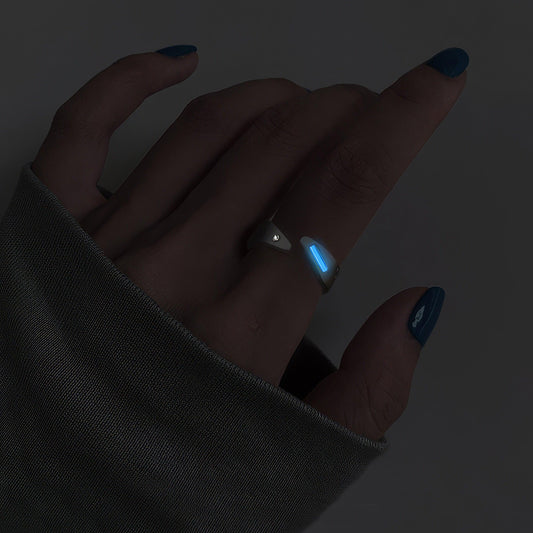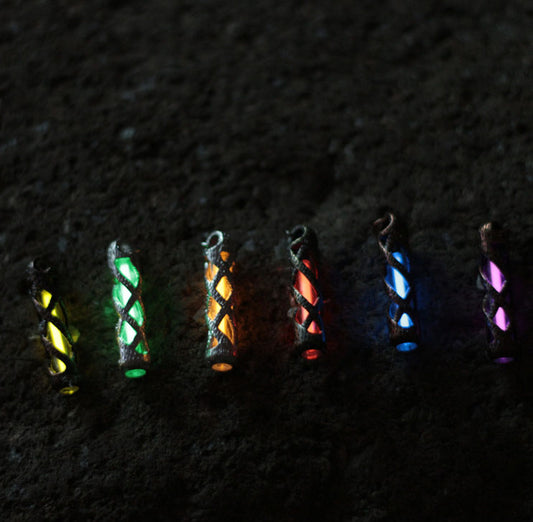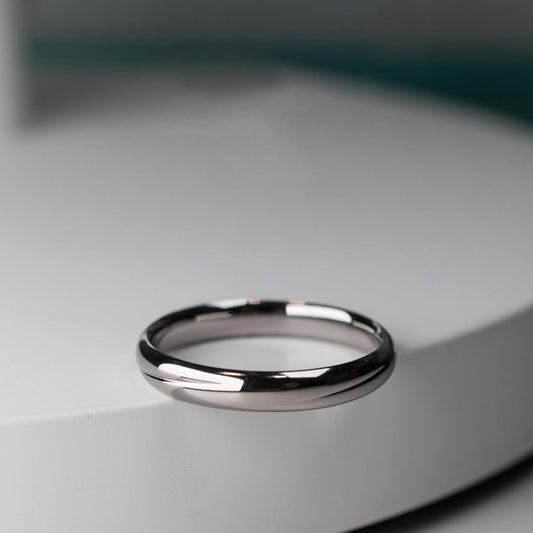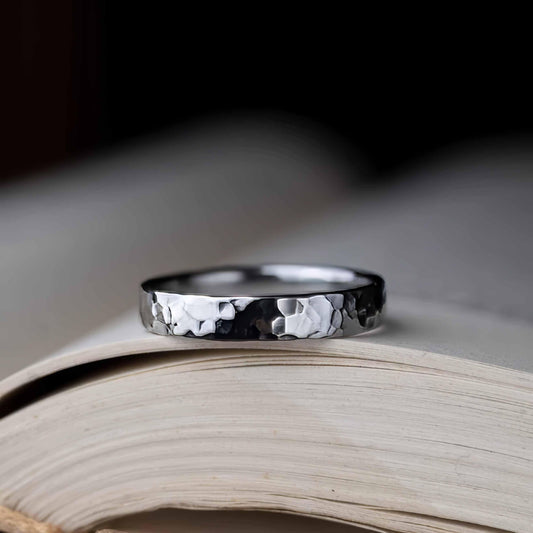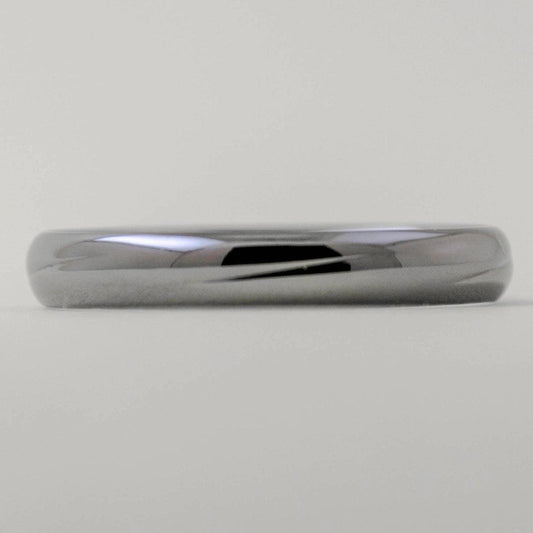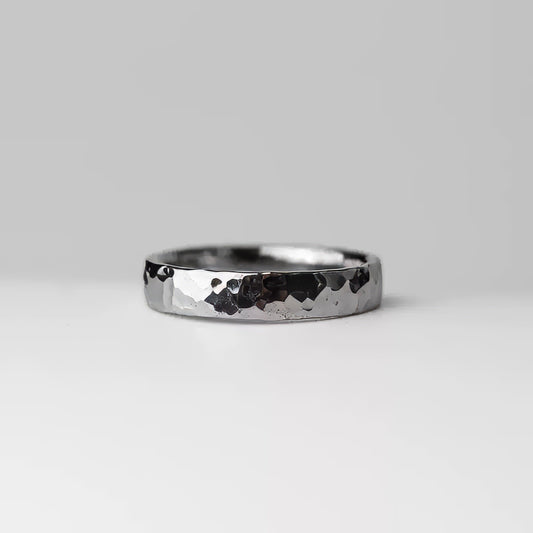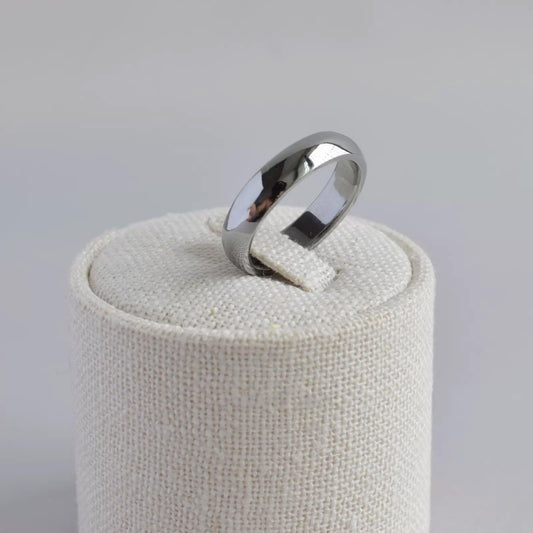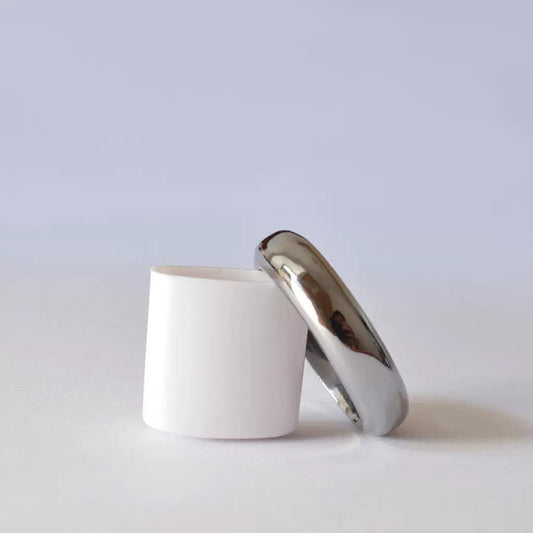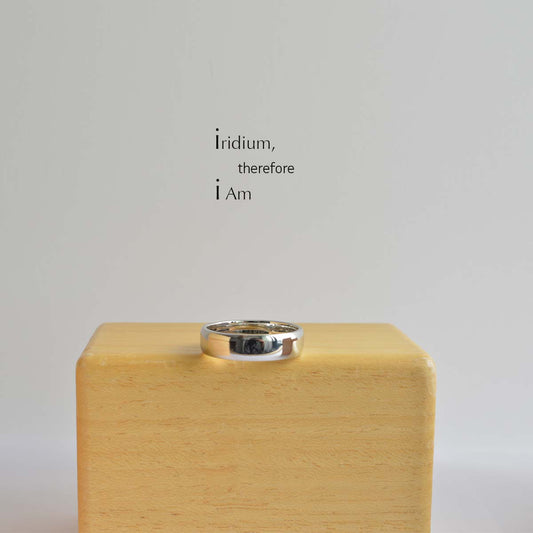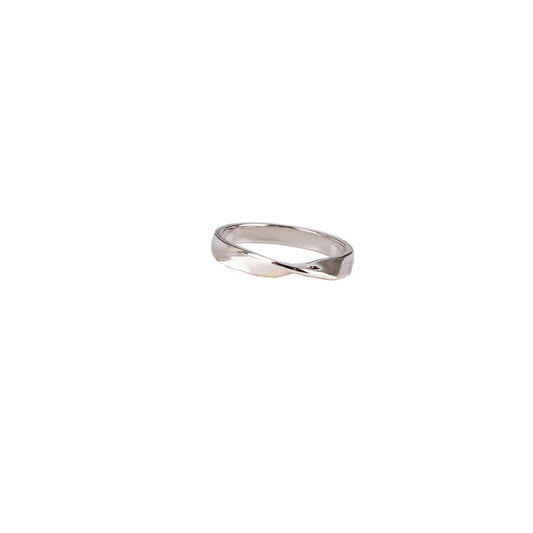The Allure of Lab-Created Alexandrite
The Allure of Lab-Created Alexandrite
It’s a crisp Saturday morning, and the promise of spring hangs in the air. I find myself wandering through a quaint little jeweler's shop tucked away in a leafy neighborhood. The kind of place you'd stumble upon while searching for nothing specific but hoping to find something special. As sunlight filters through the window, its rays dance across a display of gemstones, and one in particular catches my eye with its changing hues—an alexandrite. The jeweler's soft-spoken words confirm what I suspect: this remarkable stone is lab-created.
Alexandrite has always intrigued me, not just for its rarity but for its chameleon-like ability to transform its color under different lights. It's like having a stone that contains the mysteries of dusk and dawn simultaneously. In natural daylight, it flaunts a crisp green or bluish-green, but under incandescent light, it shifts to a warm, raspberry red. This phenomenon, known as the alexandrite effect, is a marvel in itself—but it's also the reason why natural alexandrite carries such a hefty price tag.
Enter lab-created alexandrite, a more accessible alternative that doesn’t skimp on the mystique. These stones are forged in the careful conditions of a laboratory, mimicking the natural forces that create their earth-mined counterparts. Scientifically and chemically identical, these lab-grown versions offer the enchantment of natural alexandrite without the jaw-dropping cost. It's a bit like enjoying the ambiance of a vintage wine without waiting half a lifetime for it to mature.
What I love most about lab-created alexandrite is its ethical quotient. The gemstone industry, as captivating as it is, can sometimes be fraught with ethical dilemmas. By opting for lab-created stones, I’m sidestepping the murky waters of mining practices, knowing full well that my choice contributes to a more sustainable approach to luxury. Of course, there's something romantic about tracing a gemstone's origin to a specific corner of the earth, but in today's world, an eco-friendly consciousness carries its own allure.
Wearing alexandrite feels like a rebellion against monotony. There's a playful unpredictability to it—a reminder that life too is about embracing change rather than resisting it. Each time the stone shifts color, it’s as though it whispers a gentle reminder that change is inevitable and can be beautiful. On a personal note, I've always correlated these stones with transformation, ever since an old friend, a world traveller with a collection of stories as colorful as a box of crayons, gifted me a ring set with alexandrite. “It’s for your evolving nature,” she said with a wink as if she saw something in me yet to unfold.
In a world saturated with repetition, there’s a joy in owning something as multifaceted as alexandrite. Whether lab-created or natural, the stone is an invitation to look at things from varying perspectives, to appreciate the myriad ways light—and life—can shift and change. Perhaps that's why I left the shop with that delicate piece cradled in a velvet box, eager to see how its colors would play in the afternoon light. It's a small piece of magic, a reminder that the extraordinary often lies in the most unexpected places.

